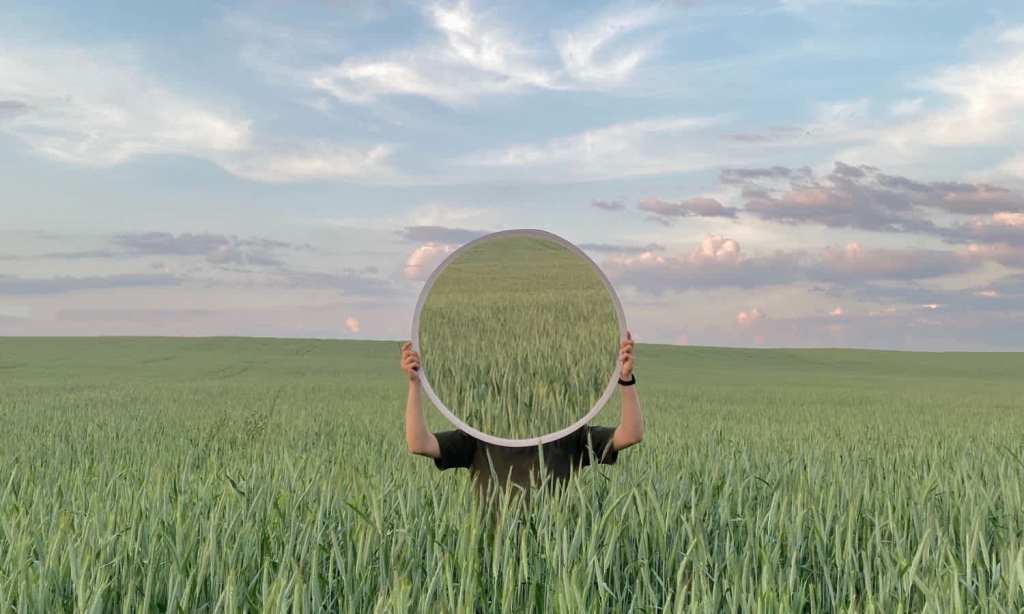Every person has their tried and tested stress reduction tips. These can include supplements, stress-relieving foods or a literal walk in the park. While these might work with varying success, there are other tips you can take as gospel without even having to think twice — like those from Jo Surkitt, for whom wellness is their profession. Creator of Revitalise Escapes, which offers wellness nature tours throughout Victoria, Surkitt knows what she’s talking about when it comes to wellness, and to stress.
So, unsurprisingly, The Latch sat down with Surkitt to mine her brain about all things stress reduction.
What is stress, and what impact does it have on the body?
At its most simple definition, stress is “any intrinsic or extrinsic stimulus that evokes a biological response in your body,” says Surkitt.
Expanding upon that, Surkitt explains that it’s the “fight or flight response that gets you through job interviews, impromptu speeches, and awkward encounters with your ex.” It can be normal, healthy and helpful in situations like this — helping you overcome a short-term challenge you know you can handle.
When it’s constant, the situation is out of your control, and it’s overwhelming — well, that’s when it can have a negative impact on your mind and body. Physical stress may feel like “a tightening in the chest, a squeamish feeling in the gut” while others suffer from “headaches or tension in the shoulders and necks”.
What are some ways to cope with stress?
“A few deep breaths is the quickest, and cheapest form of stress relief available,” Surkitt tells us. Why? “By slowing and deepening your breath, you calm your nervous system, relax your chest and stomach, reduce tension in your muscles and allow fresh oxygen to your brain to assist in restoring calm, clarity and focus.”
Another simple technique? We must confess, it’s the first time we’ve heard it even though it’s so simple. Drink water. “Our brain automatically turns off after 90 minutes; a glass of water will switch your brain back on.” Not only will it do this, but it obviously aids in hydration, and allows your mind and body to have a break from what you’re doing.
Why are ‘natural’ ways to cope with stress so beneficial?
“If you can find healthy daily practices to reduce stress, these will become new positive habits that allow you to reduce your stress naturally — creating sustainable, positive change.”
Surkitt also emphasises that natural ways are also often free — like going for a walk or run, taking deep breaths, drinking water, spending time in nature, meditating. Other ways include incorporating foods into your diet like “avocado, salmon, walnuts, almonds, dark chocolate, turmeric” and drinking herbal tea like “chamomile, green tea or melissa tea”.







